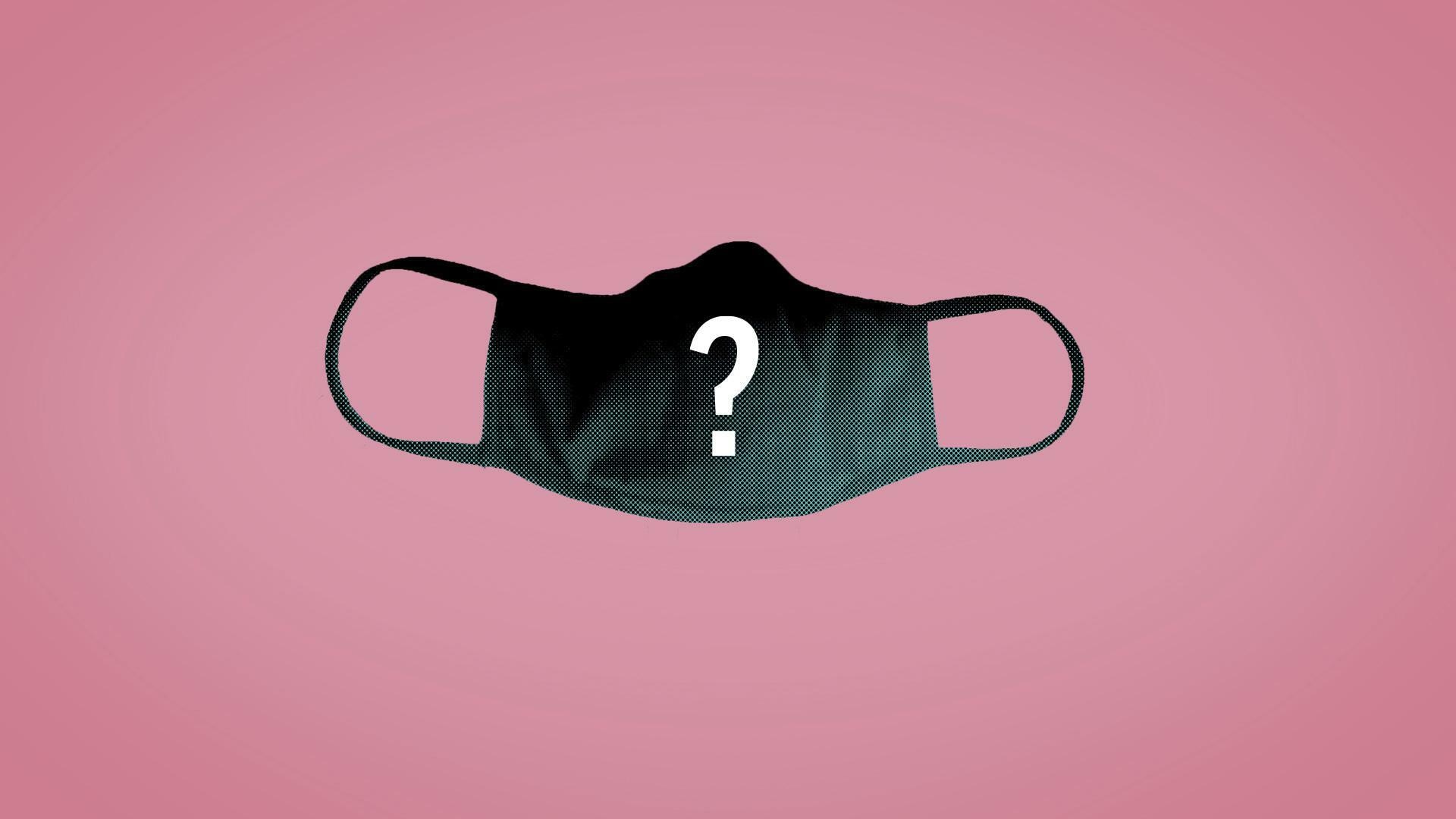N95, surgical or cloth: Is one face mask better than the other for optimum protection against Omicron?
The ultra-contagious omicron mutant is pushing cases to all-time highs and causing chaos as an exhausted world struggles, again, to stem the spread of Covid-19. So experts are not saying only to mask up, but mask yourself better.
Two important factors according to health officials when wearing any face mask:
- it should cover your nose and mouth
- it should fit snugly so there aren’t any gaps on the sides of your face
"Cloth masks are not going to cut it with omicron," Linsey Marr, a researcher at Virginia Tech who studies how viruses transmit in the air, told NPR.
Single-layer cloth masks, which many people prefer for comfort and style, can block larger droplets carrying the virus but aren’t as effective in blocking smaller aerosols or particles carrying the virus, The Wall Street Journal quoted infectious-disease specialists as saying.
“Any mask is better than no mask. But cloth masks and then surgical masks are not as good as N95-caliber masks,” says Ranu Dhillon, a physician at Brigham and Women’s Hospital.
Which is the safest of them all?
The Centers for Disease Control and Prevention in the United States does not recommend one particular type of mask over another, saying both cloth and disposable masks — when worn properly — effectively prevent transmission of Covid-19.
The World Health Organisation, meanwhile, labels well-fitting non-medical masks, including homemade multi-layered masks, as an acceptable option "when other options are not available".
But some health experts seem to be clear in their advisory, saying avoid single-layer cloth face masks when possible.
“The issue here is if you have a single-layer, the ability to filtrate is absolutely minimal and doesn’t make a difference whatsoever,” says the head of Ontario’s Science Advisory Table, Dr Peter Juni, pointing to the use of N95 respirators as a more effective option.
“If you really want no exposure, you have to wear the right type of mask,” says Monica Gandhi, an infectious disease specialist at the University of California, San Francisco, who recommends N95 masks.
If you can’t find an N95 or KN95, a surgical mask is quite effective as well, given its multiple layers and irregular weave, which is better at intercepting particles than the regular, uniform weave of cloth masks, according to an article by Vox.
It’s also important to find a mask that’s comfortable so you actually wear it, says Laura Kwong, an assistant professor in environmental health sciences at the University of California, Berkeley.
In this regard, surgical masks can prove to be the best option for most people.
Dr Faisal Mahmood, head of infectious diseases at the Aga Khan University Hospital, told Dawn.com that a simple surgical mask is sufficient. "However, it is important that the mask is worn properly covering the mouth and nose. Also, the mask should be on when speaking, coughing, sneezing and in the company of other people," he emphasised.
Watch the video below for some commonly asked questions regarding coronavirus and Omicron answered by Dr Mahmood.
Two is better than one
If you want added protection, experts also suggest wearing two masks or pairing them with a mask fitter to ensure they don’t leave any gaps.
"We need to be wearing at least a three-ply surgical mask [disposable mask]," says CNN Medical Analyst Dr Leana Wen. "You can wear a cloth mask on top of that, but do not just wear a cloth mask alone."
"If all you have is a cloth mask, it's still better than nothing," Wen adds. "But you are not well-protected, and you should know that you're not well-protected. And so if you're going to a crowded indoor setting and all you have is a cloth mask, don't go."




